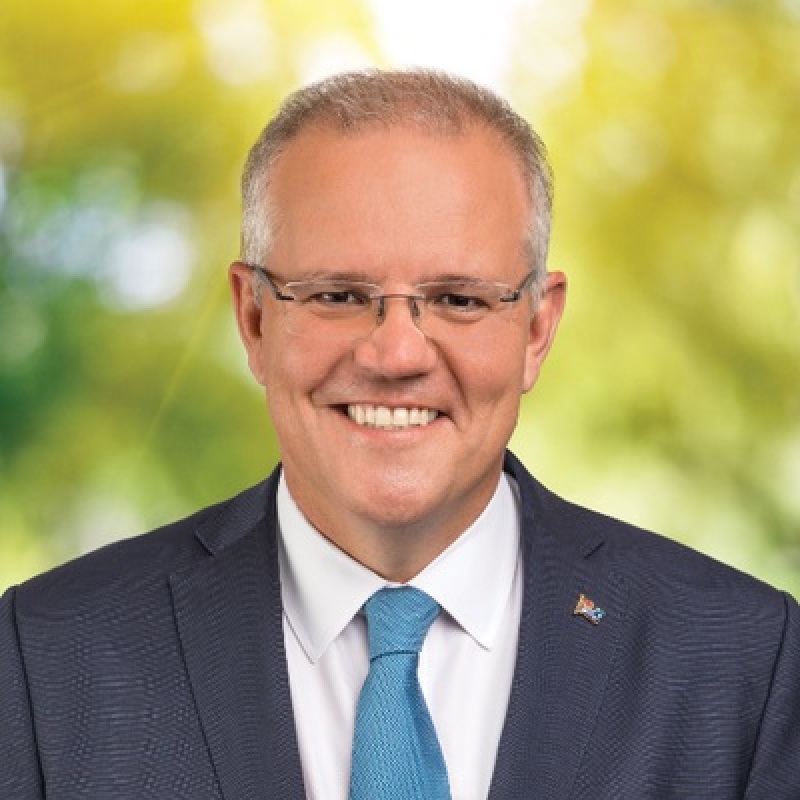
Australia has canceled infrastructure deals with CCP over "national interest," sparking outrage from Beijing.
Australia announced on Thursday that it had canceled two infrastructure agreements relating to the Belt and Road Initiative (BRI) with China. A statement from Foreign Affairs Minister Marise Payne revealed that the two controversial BRI deals with the Chinese Communist Party (CCP) were among four projects cancelled under Australia's new Foreign Arrangements Scheme, which had been in operation since December of last year.
According to Breitbart, Australia had also cancelled two older agreements with Iranian and Syrian entities because these projects were "inconsistent with Australia's foreign policy or adverse to our foreign relations." The report also showed that this is the first time the new powers were called upon by the conservative coalition government, which is being led by Prime Minister Scott Morrison.
While China is Australia's biggest trading partner, Australian leaders have not shied away from showing their disapproval over CCP's political and economic influence. The Australian government did not hesitate to cancel the "Belt and Road" deals with China because it was "inconsistent with Australia's foreign policy" or "adverse to our foreign relations," Payne said.
The "Belt and Road" initiative is a large-scale network of CCP-funded infrastructure projects that include ports, pipelines, railways, and highways that span Asia and Europe, as part of Xi Jinping's ambition to build a more seamless bridge between Beijing and the rest of the world. Following the cancellation of the "Belt and Road" deals with China, the CCP has expressed its displeasure over the Australian government's decision.
According to MarketWatch, Australian Defense Minister Peter Dutton forbid CCP to use the "Belt and Road" deals with Australia as "propaganda."
He pointed out that the "problem" was the "values or the virtues or the outlook of the Chinese Communist Party." The CCP had been actively setting up militarized ports in the Asia-Pacific region and Australia had observed an "increased level of foreign interference" in the said region.
Reuters reported that a Chinese foreign ministry spokesman has expressed his disapproval, calling on Australia to cease its "Cold War mentality and ideological bias" and "immediately correct its mistakes and change course."
A CCP spokesman is also crying foul because Australia reportedly reviewed over 1,000 deals and chose to cancel only four, two of which were the "Belt and Road" deals with China. He warned that these cancellations will put further strain on an already strained relationship.
The Chinese embassy in Australia also expressed its "strong displeasure and resolute opposition" to the cancellation, writing in a statement that said it was an "unreasonable and provocative move" that is "bound to bring further damage to bilateral relations." China warned that Australia "will only end up hurting itself," Reuters reported.
Australia reiterated its commitment to its foreign policy, telling reporters on Thursday, "We will always act in Australia's national interest to protect Australia, but to also ensure we can advance our national interest in a free and open Indo Pacific and a world that seeks a balance in favour of freedom."






























